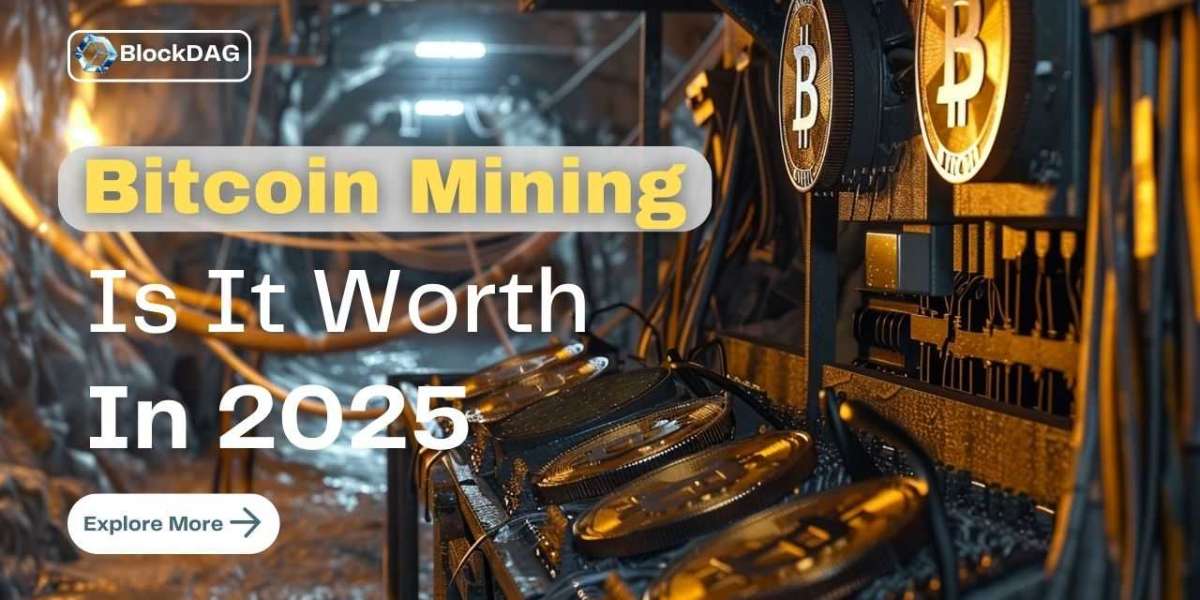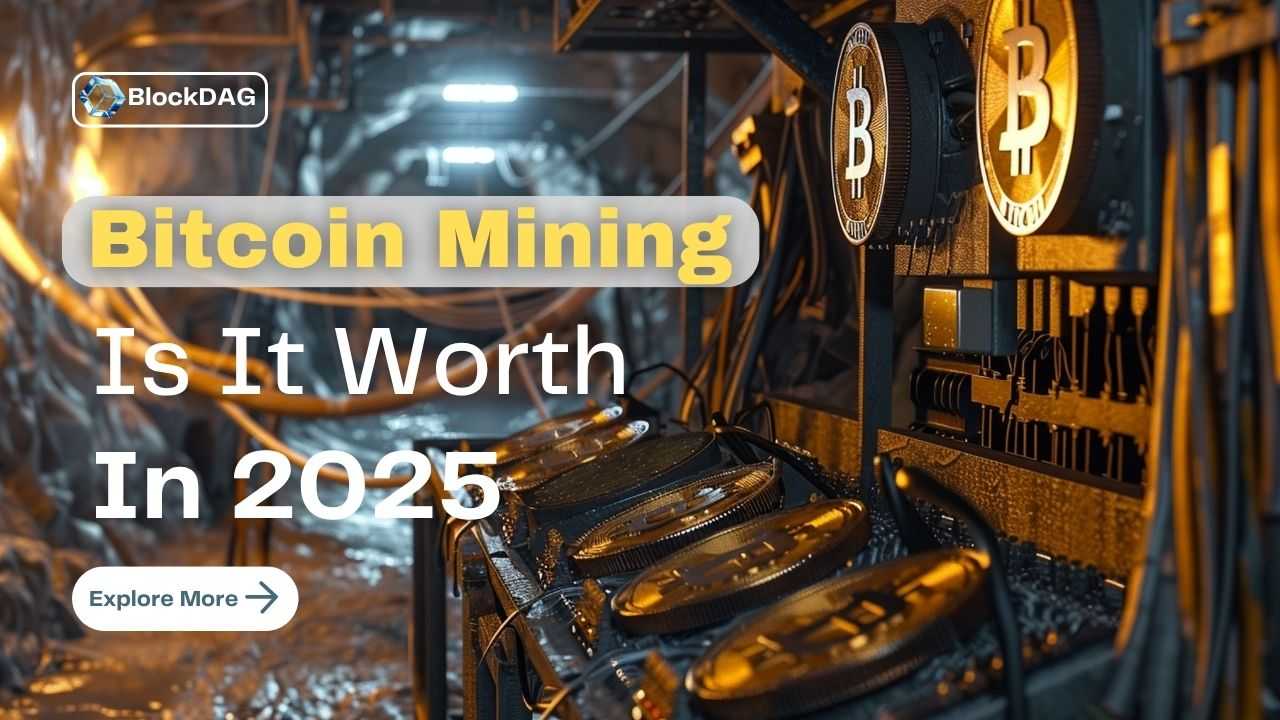Not too long ago, the idea of being a bitcoin miner was almost mythical—whispers of people turning their garages into money-printing machines, powered by GPUs and dreams. But the landscape has shifted a lot since those early days. Bitcoin mining isn’t just a hobby anymore; it’s a full-on business, and it comes with its fair share of rewards, challenges, and unknowns.
Let’s break down what it actually means to be a bitcoin miner today and whether it’s still a path worth exploring—especially if you're thinking about jumping into the game now.
What Is a Bitcoin Miner, Anyway?
At its core, a bitcoin miner is someone (or more accurately, a machine) that participates in securing the Bitcoin network. This is done by solving extremely complex mathematical problems in a process known as proof-of-work. When a miner successfully solves one of these problems, they validate a block of transactions and earn newly minted bitcoin in return. That’s the incentive. That’s the game.
But don’t let the simplicity fool you—mining today is no walk in the park.
Gone Are the Days of Mining on Laptops
Back in Bitcoin’s early years, you could mine on a decent laptop or desktop computer. Those days are long gone. Now, to be even remotely competitive, a modern bitcoin miner needs access to powerful hardware—most often in the form of ASICs (Application-Specific Integrated Circuits). These are purpose-built machines designed to mine efficiently and at scale.
And they’re not cheap. Prices can range from a few hundred dollars for an older unit to thousands for high-performance models.
Costs Stack Up Quickly
Here's where things get tricky. Besides hardware, you’ll need to factor in electricity costs, cooling systems, and sometimes even facility space if you're scaling up. In many cases, your profitability as a bitcoin miner will come down to just one number: your electricity rate.
If your power is too expensive, even the best hardware might not help you turn a profit. That’s why a lot of bitcoin mining now happens in places with ultra-low electricity rates like parts of Texas, China (at least historically), or Northern Europe.
Why People Still Become a Bitcoin Miner
Despite the challenges, many still jump into mining—either out of curiosity or with serious business ambitions. There’s a certain appeal to it. You're not just earning bitcoin; you’re participating in the network itself. You're making it secure. There’s a sense of being part of something bigger.
For some, especially in regions with low power costs, mining can be quite profitable. Others use it as a long-term investment strategy: accumulate bitcoin now, hope it appreciates later.
Risks and Realities
Becoming a bitcoin miner does come with risks. For starters, the Bitcoin halving—which happens roughly every four years—reduces the reward miners get. That means you’re doing the same amount of work for fewer coins.
Add to that the competition. With more industrial-scale mining farms entering the space, small-scale miners have a tough time staying profitable unless they’re very efficient.
Then there’s the ever-present volatility of bitcoin’s price. If BTC takes a nosedive, your returns shrink instantly—especially if you’re counting on it to cover ongoing electricity and maintenance costs.
A Few Honest Takeaways
Now, here’s the real talk. Being a bitcoin miner isn’t a get-rich-quick scheme. It’s closer to running a small business. It requires upfront investment, ongoing operational costs, constant optimization, and a healthy tolerance for market swings.
But it’s also kinda fascinating. You’re playing a direct role in keeping the Bitcoin network alive. And for many, that’s part of the thrill.
Tools, Pools, and Strategies
Most modern bitcoin miners don’t go it alone. Instead, they join mining pools—groups of miners that combine their computing power and share rewards. This levels the playing field a bit and ensures more consistent payouts, even for smaller players.
Also, don’t overlook the importance of software and monitoring tools. A smart miner watches performance, temps, uptime, and ROI constantly.
Will Mining Still Make Sense Tomorrow?
Honestly? No one knows for sure. Bitcoin mining will continue to evolve. New machines will get more efficient. Regulations might tighten. Market dynamics will shift.
But what’s clear is this: the bitcoin miner still plays a vital role in the ecosystem. If you’re thinking of joining them, do your homework, assess your local conditions, and don’t dive in just for the hype. It’s a game of math, machines, and margin.
Keep Your Eye on the Bigger Picture
Whether you end up becoming a bitcoin miner or not, understanding how mining works can give you a deeper appreciation for what powers Bitcoin. It’s not magic. It’s code, electricity, hardware, and a whole lot of trial and error.
If that kind of hands-on involvement in the crypto world appeals to you, mining might just be your next move.















